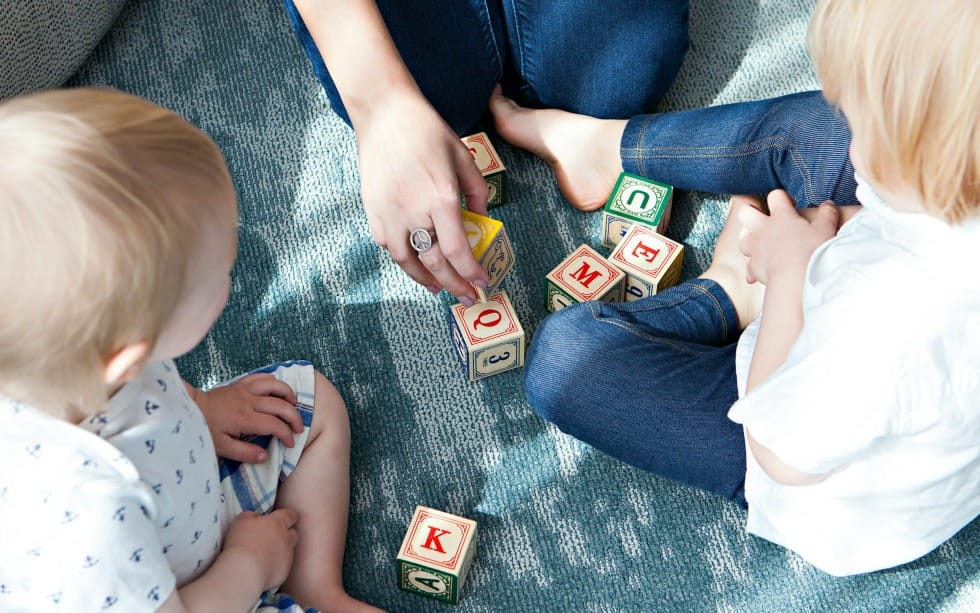What If My Kids Don’t Love Jesus? (Proverbs 22)
Are you carrying guilt over the choices your child is making? Parenting is hard, and Proverbs offers both a warning and a word of hope.

Proverbs 22
Today's Scripture Passage
A Few Thoughts to Consider
Am I to blame if my kids don’t love Jesus?
This is a tough question, and at first glance, Proverbs 22:6 seems definitive when it says, “Start a youth out on his way; even when he grows old he will not depart from it.” This word, translated as “start,” comes from the Hebrew verb hnk, which means to dedicate, initiate, or train. In context, this implies not just training or teaching but setting a direction or dedicating the child to a particular path. This verb “often denotes dedications of various kinds and may refer to the initiation of the young man into adulthood.”[1]
As Derek Kidner clarifies, this starting of youth implies “it seems, respect for his individuality and vocation, though not for his selfwill.”[2] In other words, each child chooses their own path, but parents play a pivotal role in shaping who they become. To take this verse as a promise is to eliminate a child’s free will. As Paul Koptak notes, “Remember that a proverb is not a promise; therefore, this one is no guarantee for any method of parenting. It should never be interpreted so caring parents whose offspring give up the faith or get into trouble are at fault.”[3]
That said, this verse should serve as a word of caution and optimism for parents. Caution because it’s a reminder of their great responsibility and optimism as it’s a reminder that God continues to work in our children’s lives long after they have left our home. George Robertson puts it this way:
This proverb is not a sure formula for success in child rearing; it is an assurance of how profound a parent’s influence can be—though that influence might be rejected. The Proverbs provide reliable guidance but they do not address every contingency encountered in a sinful world. Wise parents invest in a child during the crucial, early years, because such care typically has godly results. But even the best parenting can result in a prodigal and a prideful son (Luke 15:11–32). Ultimately, the way a child “should go” (Prov. 22:6) is not a college or career choice but an eternal choice to live for God. Such a “way” is profoundly influenced by parents’ actions, but is ultimately determined by the child’s heart. [4]
A Meditation to PRAY
Praise | Lord, thank you for being a perfect father. It’s you that I want my kids to be more like. It’s you whose help I need to do this well.
Release | I release my fears and anxieties about the future of my children and those in my care. I let go of the worry that I might not be enough or might fail them. I trust in your promise that the seeds of faith and wisdom I plant will grow and flourish.
Ask | I ask for your strength and wisdom to train and guide my children in the way they should go. Help me to understand their unique needs and personalities and to teach them in a way that they will embrace and carry with them throughout their lives. As I undertake this important task, give me patience, love, and understanding.
Yield | I yield to your will, Lord, and place my trust in your plan. I surrender my desire to control every outcome and instead have faith that even when they grow old, they will not depart from the good path. I commit to doing my part and trusting you with the rest.





